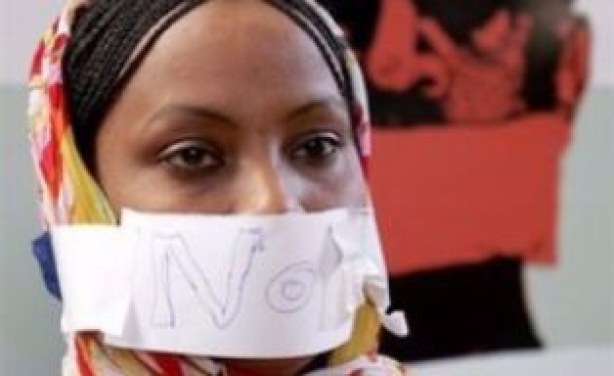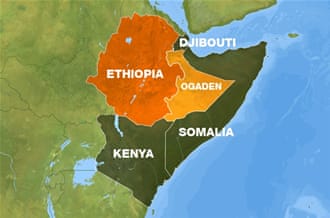NEW YORK |
(Reuters) - The "Bibi bomb" was born of days of discussions between
Israeli Prime Minister Benjamin Netanyahu and a brains trust of close
advisers on how to make a powerful impact in yet another speech on
Iran's nuclear program."The diagram made his address special," a senior official in Netanyahu's entourage said on Friday about the cartoonish drawing of a bomb the Israeli leader, who is nicknamed "Bibi," used at the U.N. General Assembly as a prop to illustrate what he sees as Iran's drive for an atomic weapon.
It may have raised a titter on Twitter, where the New Yorker magazine quipped, "if Wile E. Coyote ever gets hold of this, the Roadrunner is toast." But the graphic got what Israel was hoping for - attention.
Such a Looney Tunes analogy would not have been lost on Netanyahu, who was educated in the United States, and at least one of his top advisers, Ron Dermer, who was born there and immigrated to Israel.
But on the world stage at the U.N. General Assembly, Netanyahu took out a marker and dramatically drew a red line just below a label reading "final stage" to a bomb, in which Iran would be 90 percent along the path to having sufficient weapons-grade material.
"I tried to say something yesterday that I think reverberates now around the world," Netanyahu said at a meeting on Friday with Canadian Prime Minister Stephen Harper.
Iran denies allegations by Israel, widely believed to be the Middle East's only nuclear power, that it is enriching uranium in order to build a weapon.
"USEFUL TOOL"
So who was the father of the "Bibi bomb?"
The Israeli official would not say.
"He's got a small group of close advisers," the official said. "In different meetings, people throw out all sort of ideas. Ultimately, the prime minister makes a decision which ideas to accept."
The team met for days, proposing "countless drafts" and a decision was made that "by using the diagram, the people would get the message - people would understand", the official added, calling the drawing "a useful tool."
He said he did not know who actually drew the bomb or if it had been copied from a computer graphics program. And, as with any Netanyahu speech, it's unclear until the last moment what stays in and what is left out.
"He's making changes until the very end. He was making changes as he was being introduced in Congress last year," the official said about Netanyahu's address to a joint meeting of the U.S. legislature in May 2011.
Netanyahu has also done some public sketching in the past.
While he was finance minister from 2003 to 2005, Netanyahu illustrated the burden of Israel's bloated public sector on the economy by drawing stick figures of a thin man - private enterprise - carrying the weight of a heavy man on his back.
At a news conference in April, he used a tablet, projected onto a large screen, to draw a tree whose fruit and stability he said symbolized his government's achievements.
AUDIO-VISUAL AIDS AT THE U.N.
It is not the first time visual or audio props have been used to make a point at the United Nations.
During the 1962 Cuban missile crisis U.S. Ambassador to the United Nations Adlai Stevenson unveiled during a televised U.N. Security Council meeting photos taken by U-2 spy planes of Soviet missiles and launch pads on Cuba and dramatically confronted Soviet Ambassador Valerian Zorin with the charges.
In 1983, U.S. Ambassador Jeane Kirkpatrick played an audio recording of a Soviet interceptor pilot involved in the shooting down of Korean Airlines flight 007 over the Sea of Japan, which killed all 269 passengers and crew. Afterward, it was impossible for the Soviets to deny their involvement.
U.S. Secretary of State Colin Powell's February 2003 speech to the U.N. Security Council in which he presented intelligence about Iraqi leader Saddam Hussein's alleged nuclear, biological and chemical weapons programs was less successful.
Perhaps attempting to follow in Stevenson's and Kirkpatrick's footsteps, Powell's speech employed images, audio recordings, even a vial of white powder that was intended to look like enough anthrax to kill the entire U.S. Senate.
That speech, based on evidence now known to have been erroneous, did nothing to sway the skeptical French, Russians and Germans. They eventually forced the frustrated United States and Britain to abandon their efforts to secure a green light from the United Nations for the March 2003 invasion of Iraq.
In 2009, the late Libyan leader Muammar Gaddafi held up a copy of the U.N. charter and tossed it over his shoulder during a rambling 1-1/2 hour speech to the General Assembly. It was his first and last U.N. speech.
Also that year at the General Assembly, Netanyahu displayed a copy of the blueprints for the Nazi death camp Auschwitz to decry Iranian President Mahmoud Ahmadinejad's denial of the Holocaust.
(Additional reporting by Louis Charbonneau; editing by Christopher Wilson)












